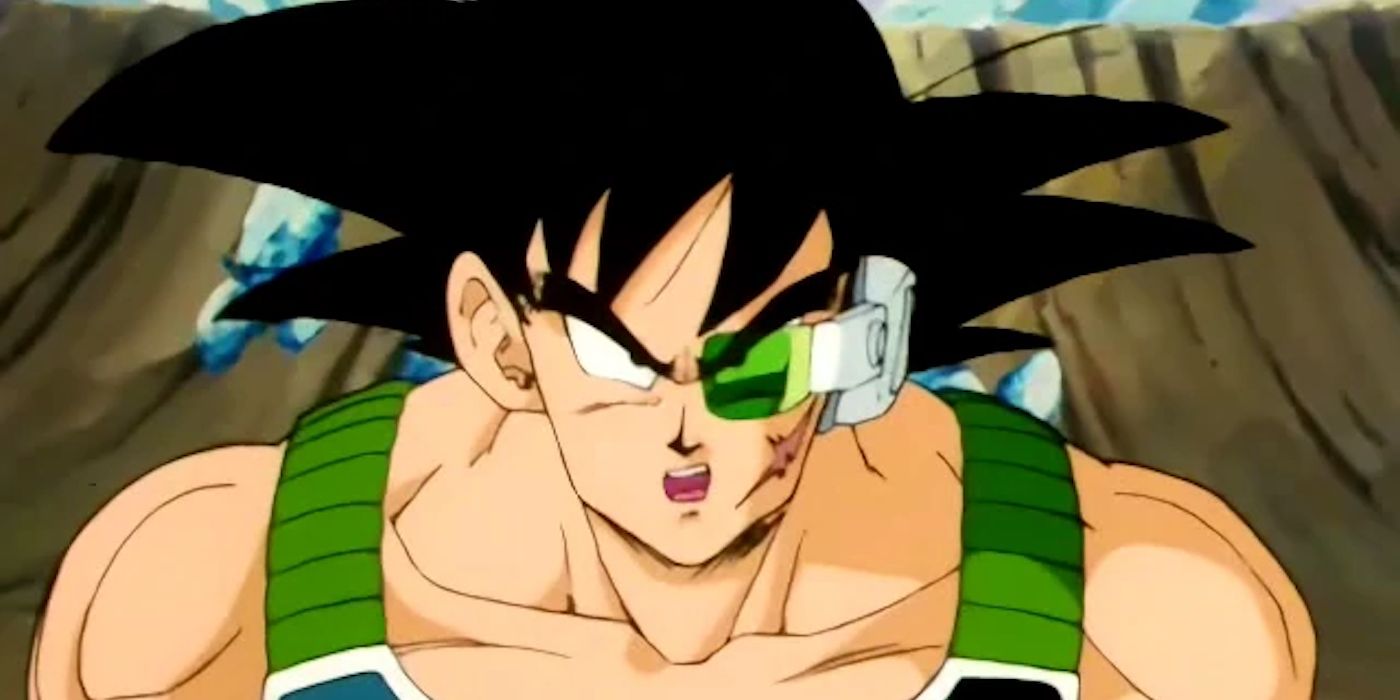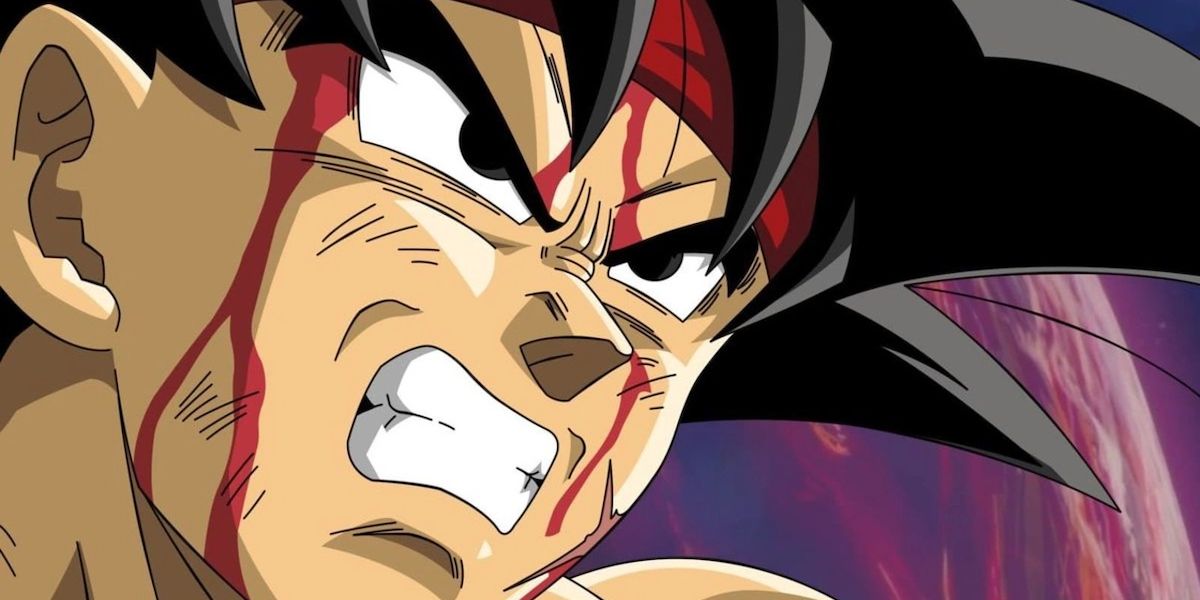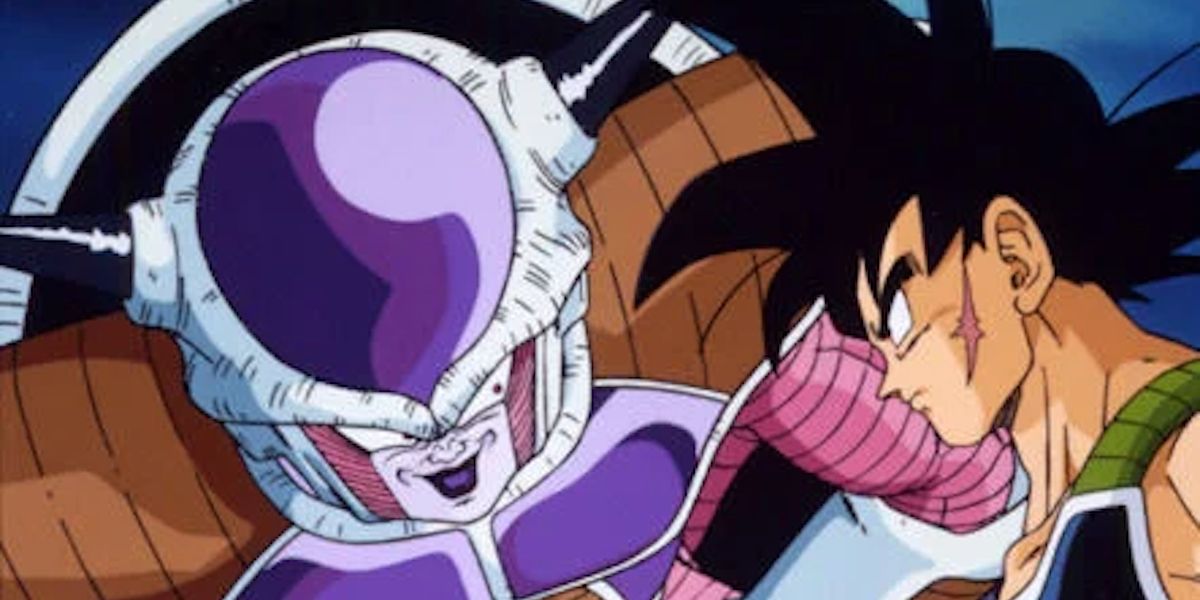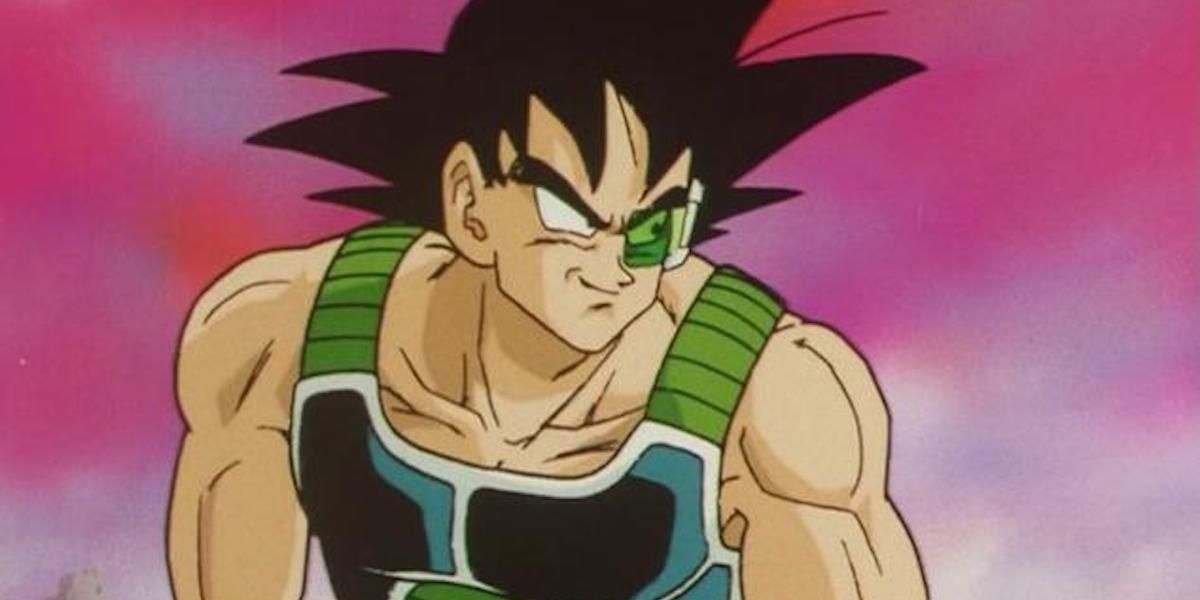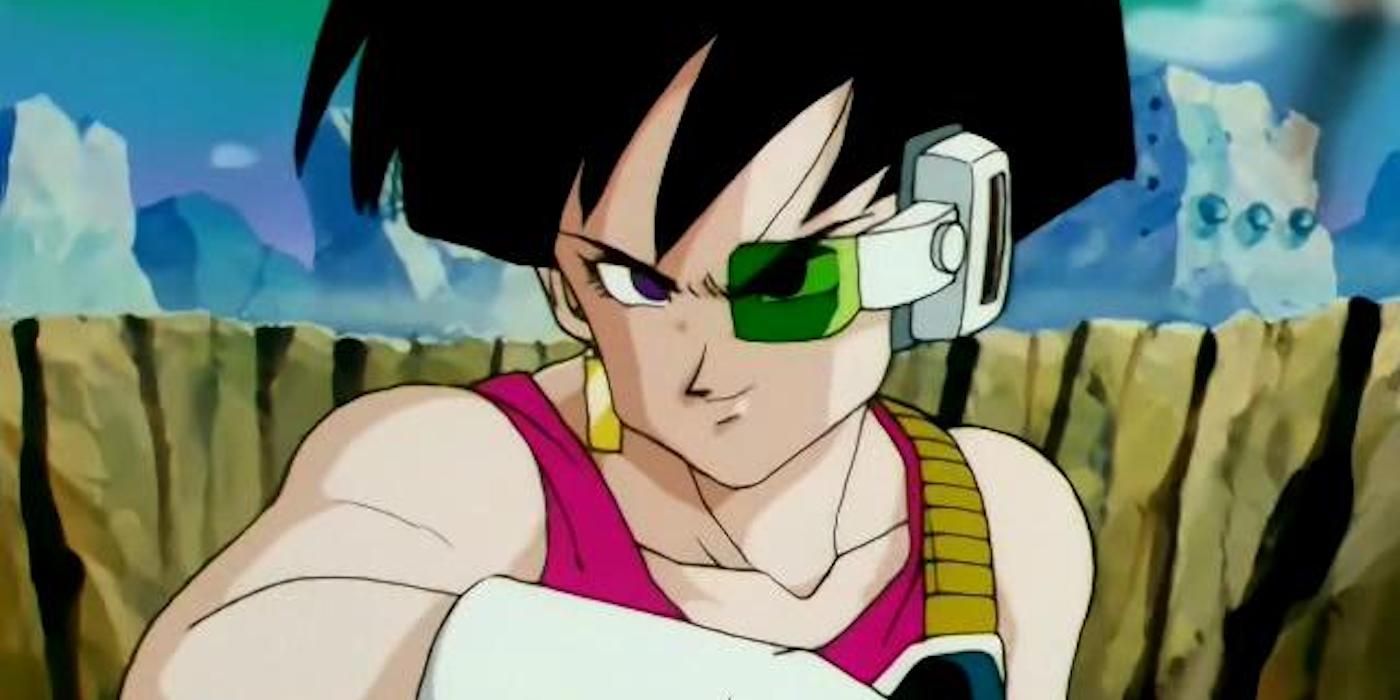Whenever I feel I’m too scroogey when it comes to fanservice in film and television – that is, fanservice of the callback, nostalgia bait, “notice this reference we made to that thing you liked!” kind – I think back to a Jerry Seinfeld interview from 2014. Asked if he was contemplating a Seinfeld reunion, he responded, “I know people would want a reunion show: ‘that’s what I want.’ My rule of show business is, ‘do not give the public what it wants.’ That’s why they’re not in show business.” It was a jokey way of making a serious point, one he’s made elsewhere in discussing the writing for Seinfeld: if all writers, showrunners, and filmmakers do is repeatedly deliver what audiences already know they like, nothing new gains traction and anything valuable in a given series is run into the ground. If you want a textbook example of what that looks like when a series refuses to end (and isn’t The Simpsons), watch or read the original era of Dragon Ball and then check out Dragon Ball Super.
But it’s prequels that seem uniquely vulnerable to the temptation to pander. So many pitfalls are consistently stumbled into by franchises that go back in time. Popular characters, objects, and pieces of lore, often ones with a certain degree of mystery about them, are given elaborate backstories that make them more mundane. Beloved cast members are made more important, sometimes in a way that undermines key themes of the original work. All important matters are tied into the core cast, an attempt to increase the scope of conflicts that almost always ends up making the fictional world smaller. Action, violence, horror, sexuality, technology, and other genre elements get amped up, logic be damned. And then there’s the callbacks – so many callbacks. There’s a fine line between fun running gag and worn-out reference, and the former can easily become the latter.
I wonder if anyone at Toei Animation had these pitfalls in mind when they produced the Dragon Ball TV special, Bardock: The Father of Goku. By that point in the series, it was established that the Saiyan race were loyal foot soldiers to Lord Freeza and his planet-conquering empire. They were so effective that Freeza feared their growing strength and numbers, and the chance that the Super Saiyan of legend would emerge and threaten him. So he destroyed the Saiyans and their home planet, with only four Saiyans – including series lead Goku and his rival Prince Vegeta – escaping the genocide.
When Is Dragon Ball Z: Bardock – The Father of Goku Set?
In Bardock: The Father of Goku, set in the days before Freeza’s attack, the titular character is given psychic powers that let him see the destruction of his people and his son’s future on Earth. He fights an increasingly desperate battle against Freeza’s forces to change the fate of the Saiyans. In the background, his infant son Kakarot (Goku) is prepared for his journey to Earth, and a young Prince Vegeta is shown favor by Freeza.
The vulnerability to common prequel traps should be obvious from that description. Of all the Saiyans in the galaxy, it just happens to be Goku’s father who made a doomed last stand against Freeza? And he just happens to have a unique ability that lets him see events of the original Dragon Ball series? And the special shows a young Goku, a young Vegeta, and Freeza and his right- and left-hand men? How many cheesy callbacks, borrowed lines, battle recreations, and unnecessary backstory could end up crammed into this special?
As it turns out, hardly any.
Bardock: The Father of Goku Is Among the Best Prequels a Major Franchise Has Ever Gotten
It’s devoid of almost all the easy shortcomings that prequels are subject to. A big one it dodges is the backstory trap. We don’t learn the name of Freeza’s race or superfluous details about his planet-conquering organization. The Saiyans aren’t loaded with extraneous schemes and attitudes that undermine the nature of Freeza’s betrayal. There’s no wrinkles of pathos written in to Vegeta’s character and Goku, being a baby, can’t do or be anything more than what Dragon Ball already established: a low-class child with unremarkable power who was cast off to an unimportant planet he was expected to, one day, subjugate, a fate that was avoided by pure chance.
Learning more about characters’ pasts can be a joy of prequels when done well, and it may seem like a missed opportunity to do no more than illustrate what manga creator Akira Toriyama had already established by that point. But what he established was just enough to make Freeza’s fear of the Saiyans, Vegeta’s mixture of pride and bitterness, and Goku’s relationships with both of them work. As a side story to that main conflict, Bardock couldn’t add much more without upsetting the pieces already in play, and it didn’t take the risk.
Bardock Is No Goku
Where it did get risky was with its protagonist, whose story also doesn’t require much from the established cast. Bardock himself may be the star of the special, but he’s no Goku. He’s a willing and eager participant in the planet-conquering trade, gleefully wiping out entire races without a second thought. In the original Japanese language, he and his crew praise Freeza at the beginning of the special for their assignments. He holds is own child in contempt when he sees “Kakarot’s” battle power. Bardock shows some affection for his crew and demonstrates pride and patriotism for the Saiyans and their homeworld, but the race he values and tries to save amounts to a pack of ruthless conquerors. He never repents his many sins or concludes that his people are doing evil, and he only rebels against Freeza because he knows that Freeza intends to reward loyal service with genocide.
And those psychic abilities Bardock gets at the beginning of the special? They’re of no real use to him. He learns what Freeza intends and gets a look at what Goku will get up to on Earth, but psychic powers never win him any battles or help him convince anyone else of what Freeza’s up to. The rest of the Saiyans (again, speaking of the original language track here) are confident that their overlord and benefactor would never do them harm. Bardock is essentially Cassandra in his special, aware of doom but disbelieved.
In his pride, viciousness, and immorality, Bardock has more in common with Vegeta, and Freeza, than with his own son. But he and Goku do share one trait: neither is preordained by fate to be extraordinary, and the special doesn’t attempt to make them so. Goku could easily have ended up like his older brother Raditz, a low-class Saiyan survivor under Freeza’s thumb. By chance, he hit his head, developed a pure and kind personality, and through that purity of heart, proved himself worthy of higher power. Likewise, Bardock could have just been one more Saiyan caught off-guard when a giant energy blast ripped through Planet Vegeta’s core, except he had a chance encounter with an alien race that gave him psychic powers to torture him in his last days. Bardock chose to act on the visions he was given and make a last stand.
Unlike Goku, however, Bardock’s chance encounters amount to nothing. He’s unusually strong for a low-class Saiyan, and his battles with Freeza’s soldiers have cool moments, but they grow increasingly pathetic as the special goes on. The fights don’t call back to the series proper or attempt to up the ante; they wear Bardock down, leave him at the point of death, and culminate in an attempt on Freeza’s life that the evil lord dismisses with a flick of his finger. The success of Bardock’s crew is presented as a key piece of news motivating Freeza to destroy the Saiyan race, but Freeza was already concerned about the Saiyans, and he never learns Bardock’s name or has any cause to fear him as an individual. Bardock: The Father of Goku is unique among major franchise prequels in how inconsequential it is to the main story. It’s a tight and compelling tragedy, wonderful on its own and briefly alluded to within the series, but a key piece of its tragedy is how little Bardock ultimately mattered.
There Is Some Unnecessary Fanservice In the Special
The visions Bardock has of Goku’s future are repeated a few more times than necessary. One of Bardock’s visions isn’t of the future, but a fantasy meeting with his adult son that only seems to exist for that moment. And Toriyama and Toei would eventually succumb to the prequel pitfalls in the 21st century. Dragon Ball Minus, a special manga published in 2014, reinvented Bardock as an unusually thoughtful and attentive Saiyan parent with some measure of regret for his peoples’ trade, who sent a Kakarot old enough to know what was going on to Earth for his own safety against orders a la Superman. It makes Bardock a more unique and important Saiyan in the dragon world, it makes Goku’s life on Earth into a preordained act of love, and the notion of the Super Saiyan God gets namedropped to try and tie the manga into Dragon Ball Z: Battle of Gods, which only succeeds in making the dragon world a more insular place. Minus is among the poorest pieces of Dragon Ball media, and it supplanted Bardock: The Father of Goku in canon via Dragon Ball Super: Broly.
So, Dragon Ball prequels offer up a yin and yang, utilizing the same main character. The TV special did almost everything right; Minus and Broly did almost everything wrong. If the latter has been accepted into the series continuity, however, the former is still widely available. And if you prefer that a prequel take the road less traveled and offer a unique story, tone, and star, Bardock: The Father of Goku isn’t just a treat for Dragon Ball fans, but for any series that goes back to the past.

